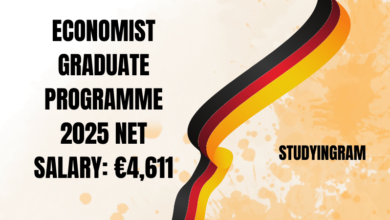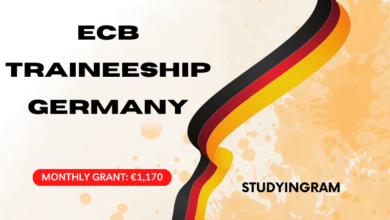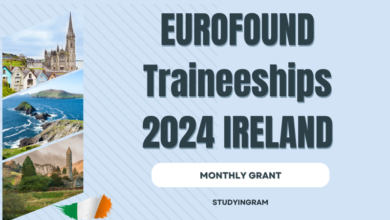Twice a year, the European Commission offers 1800 paid, 5-month administrative or translation traineeships.
Starting on 1 March or 1 October, trainees gain hands-on experience in EU policymaking in a multicultural environment.
Trainees work all over the European Commission, its services and agencies, mostly in Brussels, but also in Luxembourg and elsewhere across the European Union.
The nature of your work will depend on the service you are assigned to.
You may, for example, work in the field of competition law, human resources, environmental policy, etc.
What does the traineeship offer?
Insight into the processes and policies of the European Institutions;
The opportunity to contribute to the day-to-day work of the Commission’s;
The opportunity to put academic theory into practice.
What does a trainee’s daily work consist of?
- Attending and organising meetings, working groups, and public hearings;
- Researching, drafting end editing documentation – including reports and consultations;
- Answering citizens’ inquiries;
- Supporting the management of projects.
What do we expect from you?
- An open-minded approach to European issues;
- An interest in learning about the Commission’s working methods;
- Willingness to work in a multicultural environment;
- To contribute to the Commission’s daily work from a fresh perspective;
- A proactive attitude.
APPLY FOR INTERNSHIP
WHO can apply?
Subject to eligibility criteria, the traineeship is open to all EU citizens, regardless of age.
A limited number of places are also allocated to non EU nationals.
ELIGIBILITY
The traineeship programme is open to university graduates who:
- Have completed a standard 3-year higher education degree (180 credits), corresponding to a complete Bachelor’s cycle, or equivalent. Only if you have a certificate or official confirmation from your university that you have such a degree will you be eligible to apply.
We accept the following documents:- diplomas or certificates with final grades clearly indicated;
- the Europass Diploma Supplement (if available);
- university transcripts.
- Have no prior work experience of any kind, in excess of 6 weeks in any EU institution, body or agency, delegation, with Members of the European Parliament (MEPs), or Advocates General at the Court of Justice of the European Union (EUCJ).
- Have a very good knowledge of languages:
- For the ADMINISTRATIVE TRAINEESHIP – you must have a very good knowledge (C1/2 level as per the Common European Framework of Reference for Languages) of two EU official languages, one of which must be a procedural language: English or French or German. For non-EU nationals, only one procedural language is required.
- For the TRANSLATION TRAINEESHIP in the Directorate-General for Translation (DGT) – you must be able to translate into your main/target language (normally your mother tongue), from two other official EU languages (‘source languages’ *):
- Your main/target language must be one of the official EU languages;
- Your first source language for translation must be a working language of the EU: English, French or German;
- Your second source language can be any of the official EU languages with at least B2-level proficiency.
* At least one of the source languages you offer must be French, English or German. This is because:
- the EU receives a large volume of translations and documents in French, English or German;
- French, English and German are the languages that EU staff members most frequently use in their work.
Most documents sent to DGT in languages other than French, English and German come from the Member States. Some documents come from international organisations and national associations that write to the Commission in English.
All candidates must declare one mother tongue. No points are awarded for the mother tongue and, therefore, no evidence of this is required. You can declare up to three mother tongues. If you have more than one mother tongue and wish to receive points for them, you can declare these in the ‘Other languages’ section of the application provided you can supply appropriate written evidence of this.
Please note that traineeships carried out as credits contributing to the completion of academic studies will not be taken into account.
Additional points are given for:
- International profile demonstrated through education, work or volunteering experience abroad, and aptitude to work in an international environment;
- Motivation for the application and quality of reasoning;
- Rare fields of study;
- Papers and publications.
You can only apply once per session but for as many sessions as you want. If you are not selected you will have to submit your application again. The same process will apply each time but without guarantee that you will make it to the final stage.





